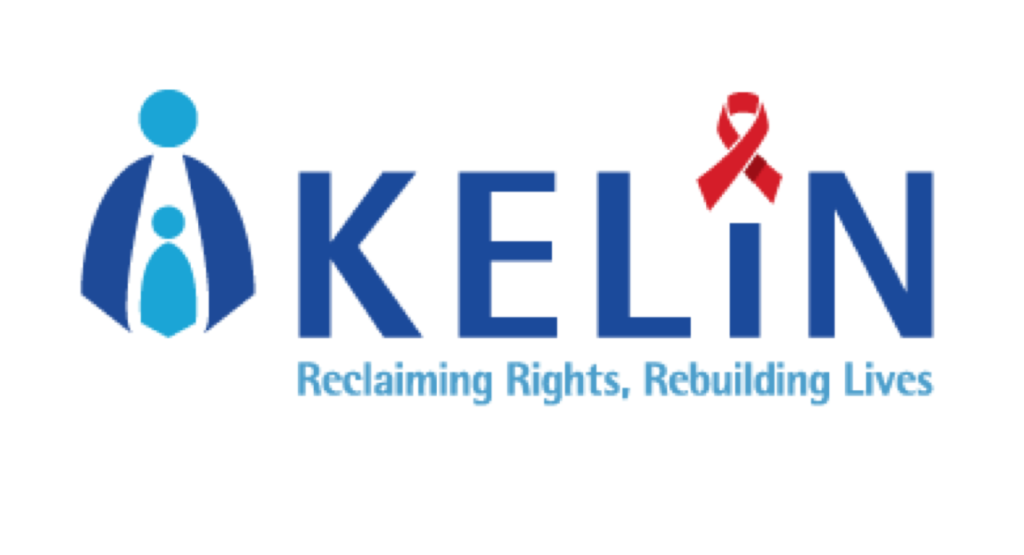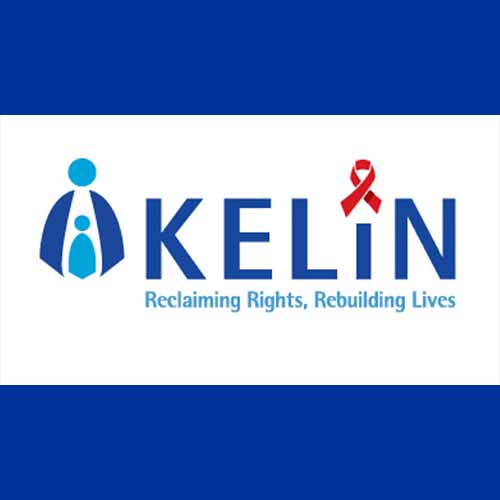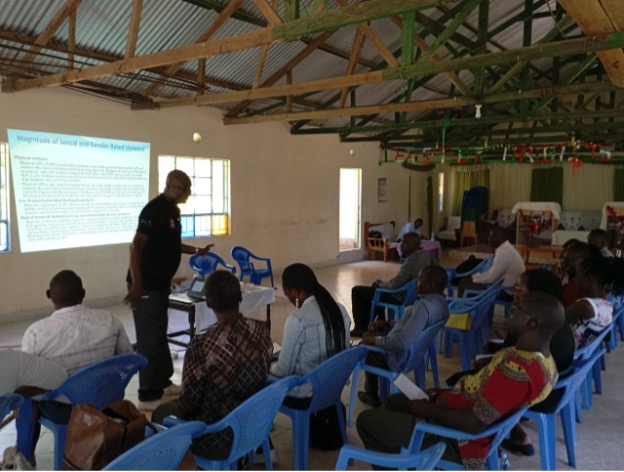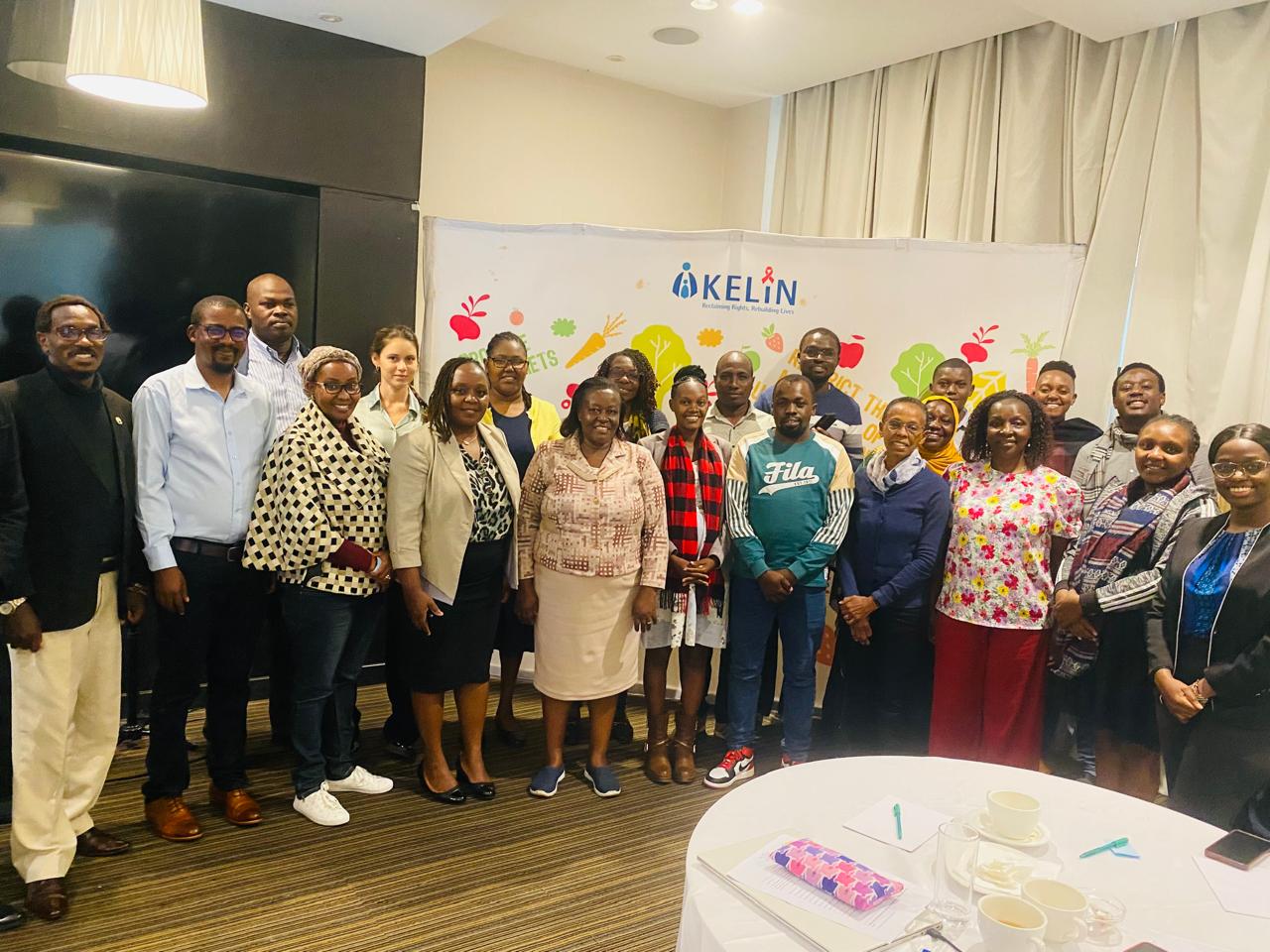A recent study conducted by the Kenya Legal and Ethical Issues Network on HIV and AIDS (KELIN) identified key factors affecting the development of local antiretroviral (ARV) manufacturing in Kenya. The study highlights several challenges affecting progress in this critical area including lack of political will, weak policy and regulatory frameworks on ARV manufacturing, poor health infrastructure, and economic challenges. Despite advocacy efforts from local manufacturers and civil society organizations, the study found that political will from the government has been lacking thus making it difficult for local manufacturers to compete on a level playing field with the multinational organizations. The study also noted that there was limited awareness and understanding of Trade Related aspects on Intellectual Property Rights (TRIPs) flexibilities among the players in the pharmaceutical sector which could be leveraged on to strengthen local manufacturing.
The study provided recommendations for advocacy efforts to address these challenges including advocating for pro-local policies on manufacturing, strengthening government leadership and coordination as well as effective implementation of existing policies and strategies related to local production. Furthermore, the study emphasized the importance of effective regulations and monitoring systems in ensuring the quality and availability of medicines. It also pointed out weaknesses in regulatory enforcement and the need for support to strengthen capacity in this area.
Local pharmaceutical production holds significant advantages such as economic strengthening, improved access to medicine, quality in the market and protection during health emergencies. However, the operational landscape for local manufacturing in Kenya remains weak as policies favour imports over domestic production of ARVs. The study calls for urgent action to address regulatory burdens, supply chain interruptions, limited market access, lack of financing mechanisms and coordination challenges among stakeholders. Civil society organizations are urged to play a key role in advocating for pro-local pharmaceutical agendas to drive meaningful progress in local manufacturing efforts.
Read the full study report here.
For more information, reach out to:
Duke Otieno
Advocacy Officer- Intellectual Property and Access to Medicine
Kenya Legal and Ethical Issues Network on HIV & AIDS (KELIN)
Kuwinda Lane, Karen C, off Langáta Road



